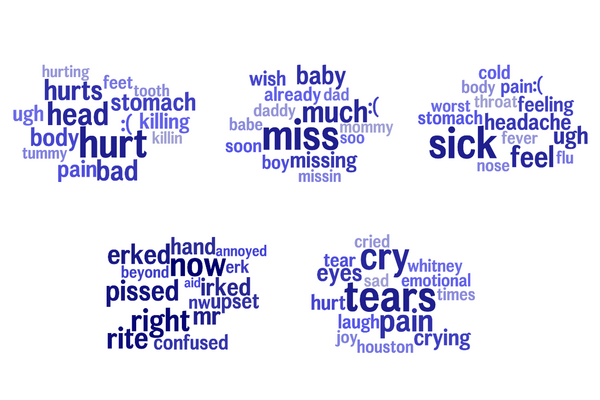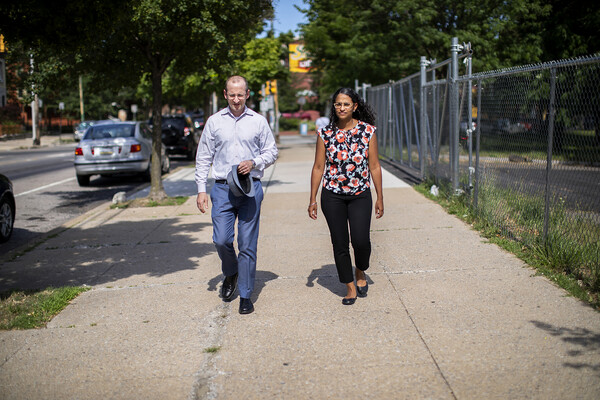
Born in November 2019, Benjamin Gobrecht’s arrival was a “perfect miracle” for his parents, Jennifer and Drew, and a medical milestone for researchers at Penn Medicine. He was the first baby born as part of Penn’s uterus transplant clinical trial.

Born in November 2019, Benjamin Gobrecht’s arrival was a “perfect miracle” for his parents, Jennifer and Drew, and a medical milestone for researchers at Penn Medicine. He was the first baby born as part of Penn’s uterus transplant clinical trial.

The new study reveals that indicators of the condition included mentions of hostility and loneliness, words like “tears” and “feelings,” and use of more first-person pronouns like “I” and “me.”

In the latest round of research on the effects of greening vacant lots, criminologist John MacDonald and emergency medicine physician Eugenia South found that people living within a quarter mile of greened lots had a 41.5 percent decrease in feelings of depression and a nearly 63 percent decrease in self-reported “poor mental health” compared to those who lived near the lots that received no intervention.

Amy Kraft and her family. (Photo courtesy of Amy Kraft)
